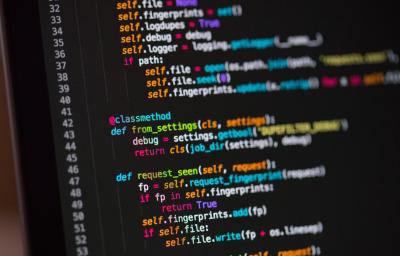This tutorial series provides step-by-step instructions and in-depth explanations to guide you through the process of creating a robust, production-quality REST API. The toolstack consists of Flask, Flask-RESTx, pyjwt, SQLAlchemy and other packages. Code quality is a major focus, with considerable time dedicated to testing (using pytest), logging and tools such as coverage, flake8 and mypy. The tutorial concludes by creating a process that continuously integrates (with tox, travis/circle CI, coveralls) and deploys the API (with either Github or Azure DevOps to Heroku).
In Part 1, the core concepts of REST and JWTs are introduced, project dependencies are described and installed, and the project is fully configured for prod/dev environments. The flask server and CLI are demonstrated to ensure the setup was performed correctly before moving on to Part 2.
Part 2 covers the basics of SQLAlchemy, the Flask-SQLAlchemy extension, and the Flask-Migrate extension. The process of creating a new database table to store user information by defining a class and “registering” it with SQLAlchemy is demonstrated. Next, setting up a system that manages changes to a database schema is thoroughly explained and demonstrated. After initializing the database, functions to encode and decode JSON Web Tokens (JWTs) are created. This section concludes with an introduction to pytest fixtures and examples of several test cases that verify the ability to encode/decode JWTs issued by our API.
Part 3 explains how to initialize the Flask-RESTx extension and how API routes/endpoints are defined. In order to create an endpoint for new user registration, the modules and classes available in Flask-RESTx for parsing and validating request data are explored and demonstrated. Additionally, the process for serializing Python objects in order to send them in an HTTP response is covered. After implementing the user registration API endpoint, test cases are created and executed to verify the registration process is working correctly.



